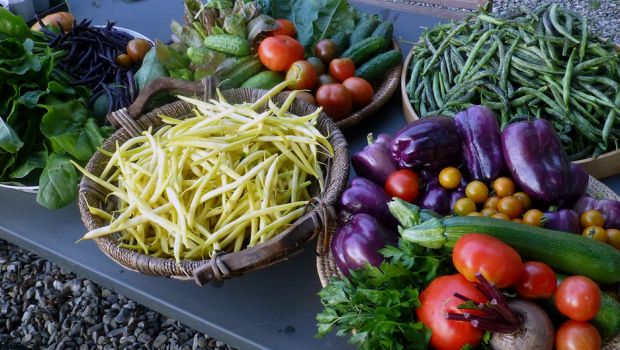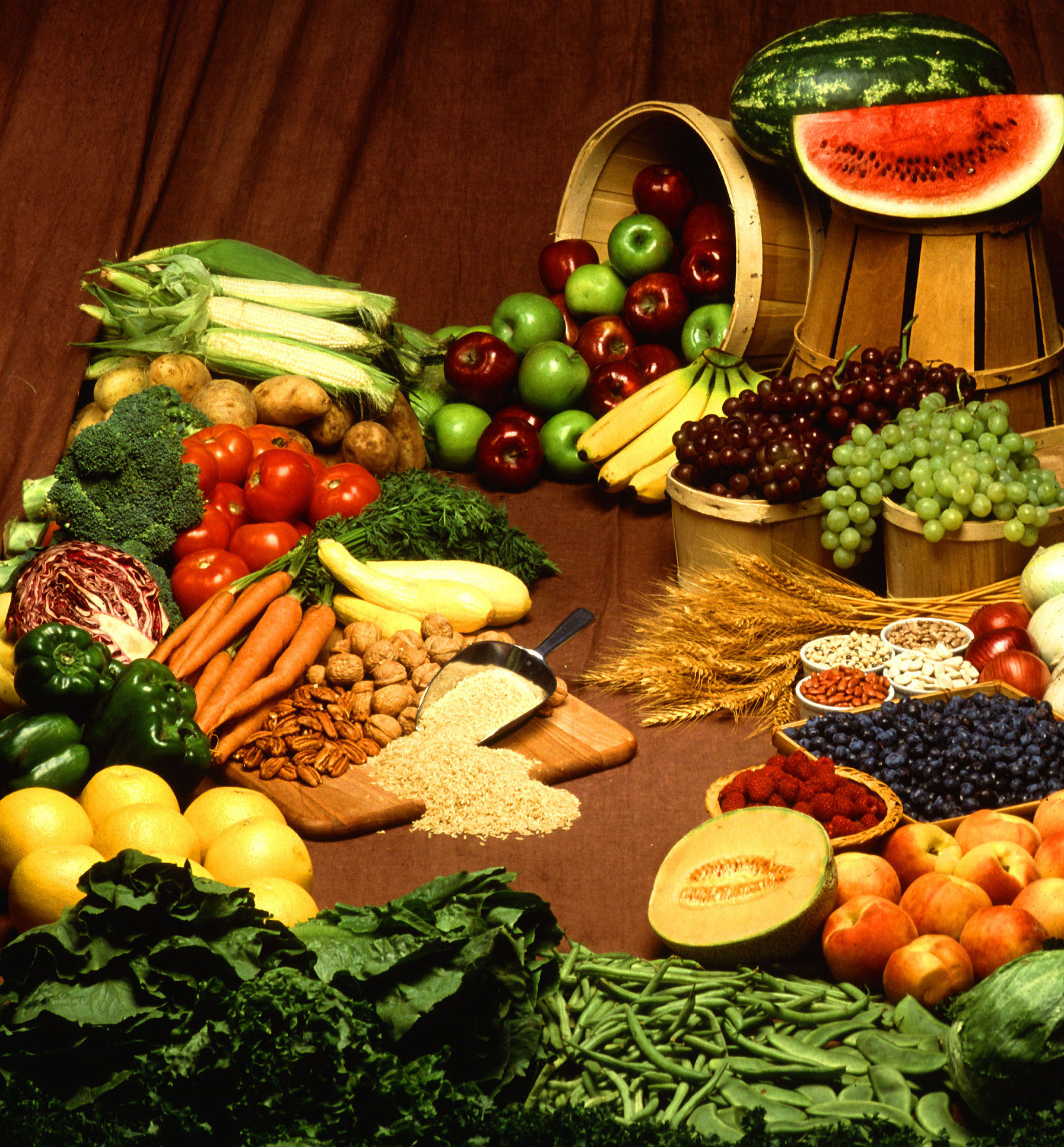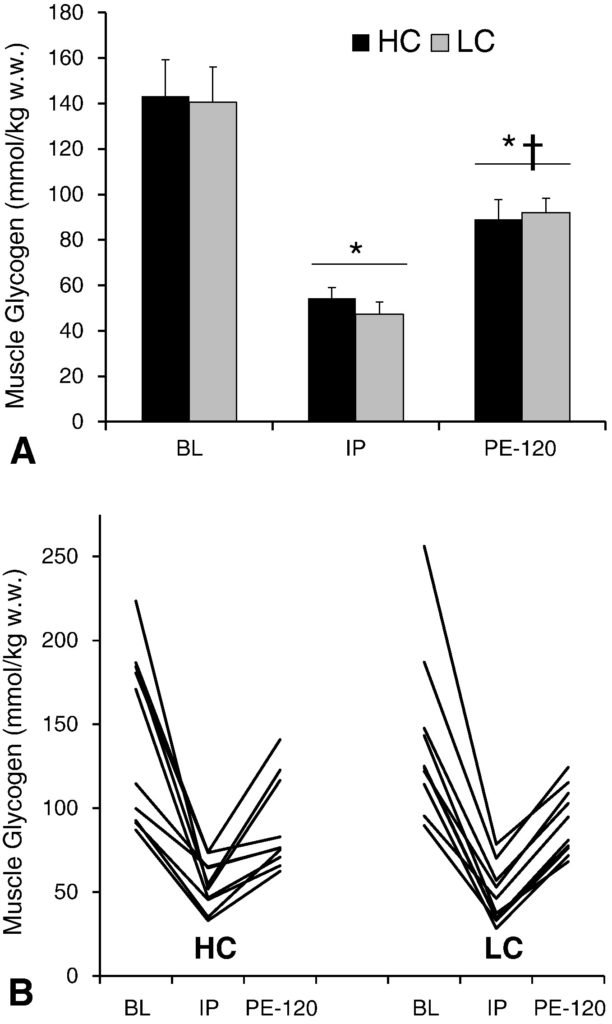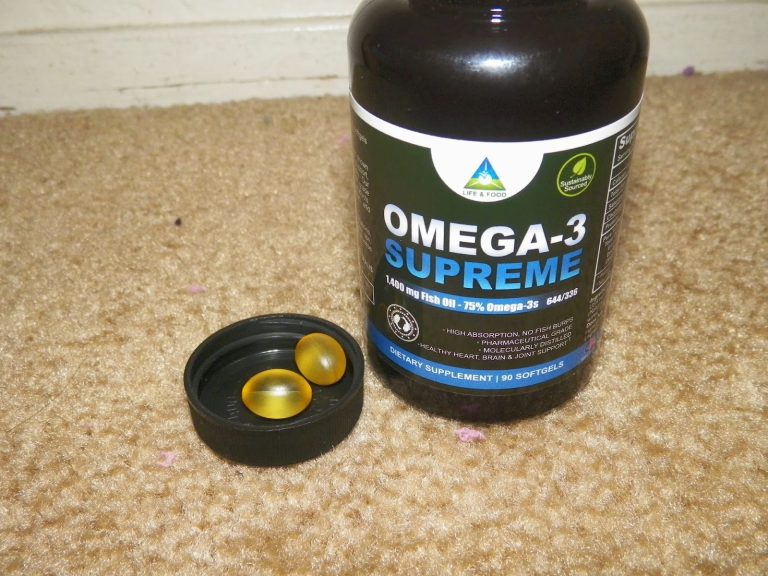Plant-Based Nutrition for Endurance in the Cycling Niche
For cyclists aiming to optimize their endurance, plant-based nutrition presents an exciting and sustainable path. But why is plant-based nutrition for endurance vital, especially in the realm of cycling? Unlike traditional diets rich in animal products, a plant-based approach can lead to enhanced cycling performance metrics, reduced inflammation, and quicker Recovery. In addition, cyclists often pay attention to details such as Bike Maintenance tips and Performance Optimization, making nutrition an integral part of the equation.
Training Techniques for Cyclists
One of the primary reasons for cyclists to adopt plant-based nutrition lies in its ability to complement advanced training techniques like interval training. As cyclists push through power-based training sessions, maintaining optimal energy levels is pivotal.
Enhancing Energy with Plant-Based Carbohydrates
Carbohydrates are the body’s primary energy source, crucial for sustaining endurance activities such as long-distance cycling. Plant-based diets offer a variety of high-carb foods like whole grains, fruits, and vegetables. These whole foods are not only nutrient-dense but also have dietary fiber, promoting sustained energy release and improved cycling endurance.

Studies suggest that consuming a carbohydrate-rich meal 3-4 hours before a cycling session can significantly boost energy levels. Embracing foods like oats or quinoa ensures that you’re fueled for both training and competition.
Protein Power: Plant-Based Protein for Muscle Repair
Beyond carbohydrates, protein is essential for muscle repair and growth. Plant-based proteins such as lentils, chickpeas, and tofu offer a robust alternative for cyclists focused on muscle recovery. After a long ride, these proteins help in mending muscle fibers, reducing post-exercise soreness, and contributing to faster recovery.
Best Nutrition Practices for Cyclists
Incorporating balanced meals that include omega-3 fatty acids, antioxidants, and sufficient hydration strategies is key to performance optimization. Cyclists need to focus on both macro and micro-nutrients to maintain peak form.
Boosting Antioxidant Intake
Cyclists are frequently exposed to oxidative stress due to intense physical exertion. Including foods rich in antioxidants, such as berries, helps in combating this stress. Antioxidants play a vital role in reducing inflammation, ensuring that cyclists maintain performance while protecting against muscle damage.
The Role of Omega-3 Fatty Acids
Plant-derived omega-3 fatty acids found in sources like chia seeds and flaxseeds can effectively reduce inflammation. Studies indicate that athletes who consume omega-3s showcase improved recovery rates. This makes them invaluable for plant-based endurance athletes.
Advanced Techniques and Measures
For cyclists, harnessing advanced training techniques and aligning them with proper nutrition can be a game-changer.
Power-based Training for Cyclists
A technique like power-based training allows cyclists to fine-tune their performance by focusing on metrics such as VO2 Max improvements. When combined with a plant-based diet, cyclists can achieve better results, ensuring energy levels are adequately sustained for maximum power output.
Effective Hydration Techniques
Proper hydration is a cornerstone of cycling performance. Cyclists should opt for natural hydration methods like consuming coconut water or infusing water with citrus fruits. These methods not only replenish lost fluids but also boost nutrient intake.
Data, Metrics, and Studies
Understanding the importance of data and metrics, recent studies have highlighted the benefits of plant-based nutrition on endurance.
VO2 Max Improvements for Cyclists
Research has pointed out that cyclists on a plant-based diet may experience a significant enhancement in VO2 Max levels due to better oxygen conservation and utilization. This boosts their overall athletic performance.
Inflammation Reduction and Recovery
A study from the American College of Nutrition observed that plant-based diets led to a 30% reduction in inflammation markers among athletes, fostering faster recovery post-training.
User Intent and Benefits
Addressing various user intents such as ‘How to Improve Endurance’, the benefits of focusing on plant-based nutrition for cyclists include:
Optimizing Cycling Workouts
For cyclists, optimizing workouts involves aligning training schedules with appropriate nutrition. Consuming plant-based meals post-workout ensures that nutrient demands are met, enhancing recovery and endurance.
Sustainable Nutrition Practices
A major benefit is that plant-based diets are more sustainable, reducing environmental impact while promoting long-term health. This appeals to cyclists looking for eco-conscious lifestyle choices.

Conclusion
To summarize, implementing plant-based nutrition for endurance offers cyclists a multitude of benefits including improved energy levels, reduced inflammation, and enhanced recovery. As more cyclists integrate these strategies, the result is a more sustainable and effective approach to training and competition. So, why not give plant-based nutrition a try and see your cycling performance soar? Share your experiences in the comments below!
FAQs
1. What plant-based foods should I include for better endurance?
Include high-carbohydrate foods such as whole grains, fruits, and legumes, along with plant-based proteins like beans, lentils, and tofu.
2. Can I get enough protein from a vegan diet to support my cycling activities?
Yes, plant-based proteins such as lentils, chickpeas, and nuts provide adequate protein and are great for muscle repair and recovery.
3. How can plant-based nutrition help with inflammation after cycling?
Plant-based diets rich in antioxidants and omega-3s help reduce inflammation, aiding in quicker recovery post-training.
4. Are there any plant-based supplements I should consider?
Consider B12, iron, and omega-3 supplements, as these are vital nutrients in a cyclist’s diet for endurance and recovery.
5. What is a quick meal option for a cyclist on a plant-based diet?
A quick option could be a smoothie with greens, bananas, and chia seeds, providing essential nutrients and hydration.




